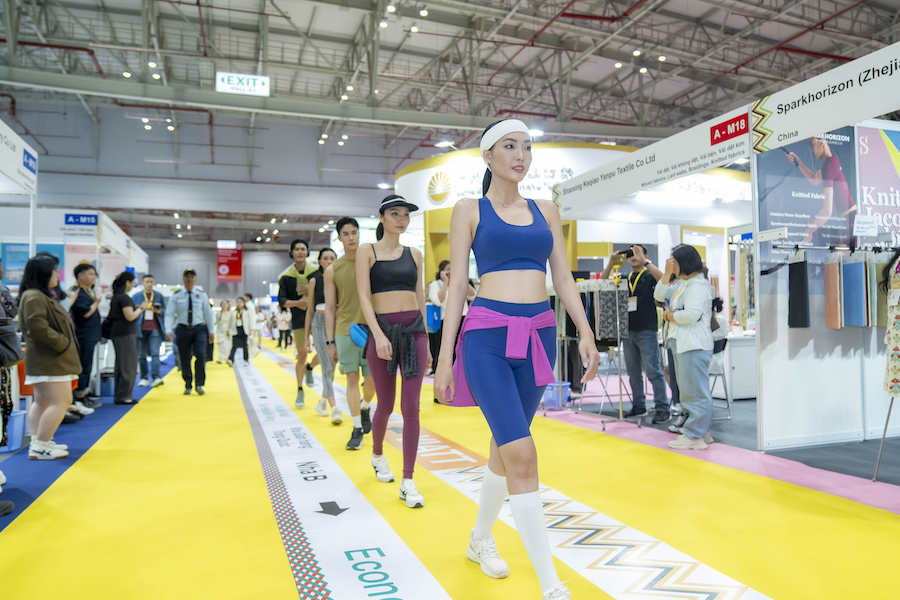#New Materials
From premiums to parity: How Fashion for Good is rewriting the economics of new materials
Fashion for Good launches Price Parity Toolkit: developed with support from Laudes Foundation, Canopy and Finance Earth, the framework introduces an innovative financing approach (premium decoupling) to remove price premiums from the supply chain and unlock faster adoption of lower-impact materials across the industry.
THE PRICE PREMIUM PROBLEM IN NEXT-GEN MATERIALS
Next-gen materials hold promise for addressing complex sustainability and circularity challenges, yet their path to mainstream adoption has been severely hindered by a fundamental economic barrier: price. These materials carry significant premiums over conventional alternatives because they haven’t achieved economies of scale. The problem worsens as materials move through supply chains, as each tier adds its own markup, compounding premiums from raw material to final product. This creates a vicious cycle: brands avoid committing to innovative materials due to their price, preventing volume orders that would enable manufacturers to scale production and reduce costs. Fragmented industry demand means no single player can break this cycle alone.
PREMIUM DECOUPLING MECHANISM TO ACHIEVE PRICE PARITY
The Price Parity Toolkit tackles this challenge through “premium decoupling” – an innovative financial mechanism that separates next-gen price premiums early in the supply chain, allowing materials to flow through subsequent tiers at the same price as conventional alternatives. Brands absorb the premium upfront and fund suppliers directly at Tier 4, eliminating the traditional compounding effect, often also referred to as “pancaking”, and reducing total product costs.
The first proof point of this model comes from Circulose, a textile-to-textile recycling innovator and Fashion for Good alumnus. Circulose has put this model in action and has secured partnerships with several brands using the price parity toolkit approach. The toolkit includes step-by-step implementation guidance, expert-vetted operational guidelines for money flow management, legal risk mitigation, and traceability. The toolkit also includes real-world case studies across industries.
This joint initiative is led by Fashion for Good, with the support of catalytic funder Laudes Foundation, and with contributions from Canopy, Finance Earth, Circulose, Textile Genesis, and legal partners Hogan Lovells and Pereira Tax Consultants. The toolkit will continue evolving with learnings from real-world applications and other premium-related solutions, which kicked off in October 2023.
Next-gen material innovators and brands can explore the toolkit and express interest in applying it to specific materials via this link. Fashion for Good will support brands in proving the business case and help innovators adapt the mechanism to their materials.












